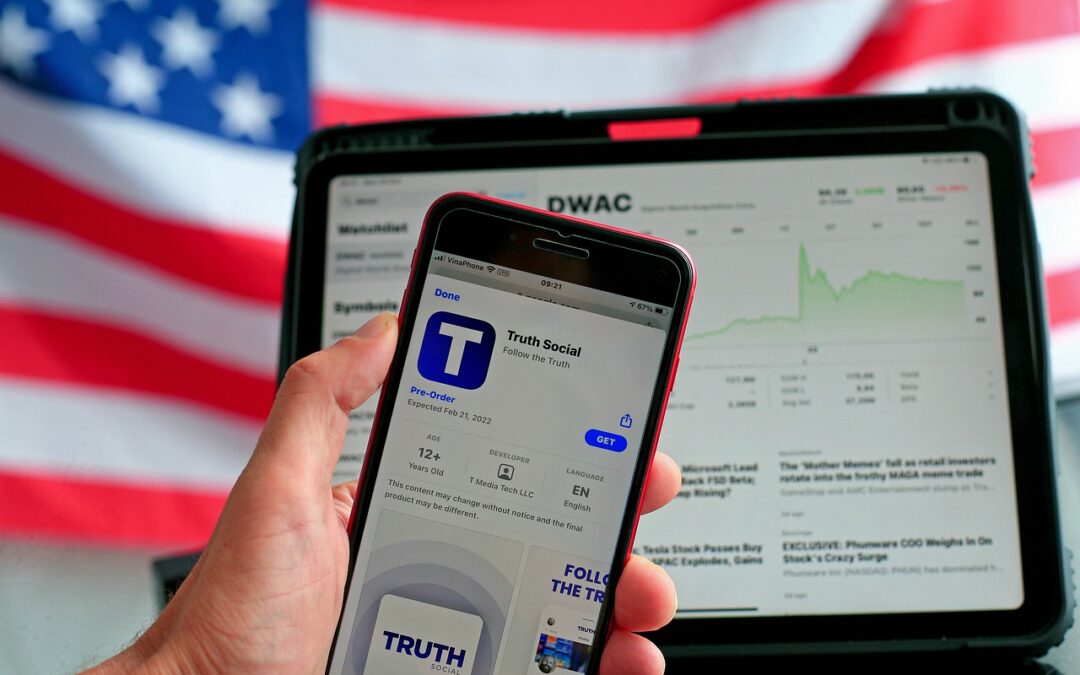10 Ways to Optimize Your WordPress Site for SEO Success
WordPress is a powerful content management system that can help you create a beautiful and engaging website. However, if you want your website to be successful, you need to make sure it’s optimized for SEO.
SEO (search engine optimization) is the process of improving your website’s ranking in search engine results pages (SERPs). When your website ranks higher in SERPs, it’s more likely to be seen by potential customers or clients.
There are many different factors that affect your website’s SEO ranking, including the quality of your content, the structure of your website, and the speed of your website. In this blog post, we’ll share 10 tips for optimizing your WordPress site for SEO success.
1. Create High-Quality Content
The most important factor in SEO is the quality of your content. Search engines want to rank websites that provide valuable and informative content to their users. When creating content for your website, focus on providing your audience with the information they’re looking for.
2. Optimize Your Website’s Structure
The structure of your website can also affect your SEO ranking. Search engines prefer websites that are well-organized and easy to navigate. When structuring your website, make sure to use clear and concise headings and subheadings. You should also create a sitemap to help search engines index your website’s pages.
3. Speed Up Your Website
The speed of your website is another important factor in SEO. Search engines want to rank websites that load quickly. If your website is slow, visitors are likely to bounce back to the search results. There are a number of things you can do to speed up your website, such as using a caching plugin and optimizing your images.
4. Optimize Your Images
Images can help to improve the visual appeal of your website, but they can also slow down your website. To optimize your images for SEO, make sure to use descriptive file names and alt tags. You should also compress your images to reduce their file size.
5. Use Internal Linking
Internal linking is the process of linking to other pages on your website. Internal linking can help search engines understand the structure of your website and the relationship between your pages. When you’re creating content for your website, make sure to link to other relevant pages on your site.
6. Use External Linking
External linking is the process of linking to other websites. External linking can help search engines understand the authority of your website. When you’re creating content for your website, make sure to link to other credible websites.
7. Use Social Media
Social media can be a great way to promote your website and improve your SEO ranking. When you share your content on social media, you’re making it more likely that people will find your website. You can also use social media to build relationships with other websites in your industry.
8. Use Google Analytics
Google Analytics is a free tool that can help you track your website’s traffic and performance. Google Analytics can help you understand how people are finding your website and what they’re doing on your site. You can use this information to improve your SEO strategy.
9. Get Professional SEO Help
If you’re serious about optimizing your website for SEO, you may want to consider getting professional help. A professional SEO consultant can help you identify the areas of your website that need improvement and develop a strategy to improve your SEO ranking.
10. Keep Up with the Latest SEO Trends
SEO is constantly changing, so it’s important to keep up with the latest trends. You can stay up-to-date on SEO by reading blogs, attending webinars, and following industry experts on social media.

